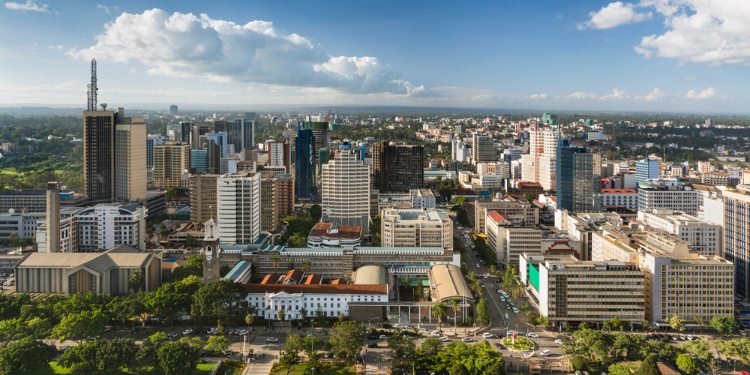
Work permits issued to foreigners increased by 25.3% last year following a recovery in the job market after the relaxation of restrictive Covid-19 measures in Kenya.
According to the newspaper Business Daily, the Immigration Department issued 7,332 new work permits to foreign nationals in 2021 from 5,851 issued in 2020, representing a 1,481 increase. This was the highest rise since 2017, when 2,515 new expat jobs were created to 8366 from the previous year.
This follows eased measures and resumption of international travel over the year boosting business activities in sectors such as manufacturing, transport and storage, as well as accommodation and food services. The latest statistics published on Kenya immigration were for 2015; the country received 1,084,357 expats, a 16.98% increase from 2010.
Expats are driven to Kenya by its economic potential for growth. Young expatriates can especially benefit from opportunities to a skilled workforce, constantly improving infrastructure, and its geographical location as an economic hub in East Africa.
Less bureaucracy for visas
The current rise in work permits has also been linked to the country's shift from a manual to an online visa system on January 1, 2021, in line with a policy to digitize service delivery and increase revenue collection by reducing the waiting time. The Kenya Investment Authority (KenInvest) said a time-bound work permit approval framework is part of a draft legal change in the investment promotion by the Interior Ministry and the Treasury. As a result, work permit renewal increased marginally to 11,973 from 11,395 in 2020. Registration of foreign nationals increased by 29.8 percent to 24,713 in 2021. However, the 7,332 permits in the year were less than those in the five years to 2021, and a high of 9,465 permits issued in 2018. Moreover, expats interested in investing in Kenya might find good opportunities as the KenInvest announced plans to clear timelines set for approval of work permits for foreign investors to enable better planning for firms setting up locally.
Tanzanian expats in Kenya have even better news. Last year, Kenya scrapped work visa and permit requirements in an effort to boost trade and tourism between the two countries.
In 2020, due to the Covid-19 pandemic consequences, such as cancellation of flights and reduced revenues in most firms, led work permits issued to drop by 34.7 percent or 3,116 to 5,851 from 2019 as companies resorted to a freeze in fresh hiring.
Jobs opportunities
The 2021 increase, however, follows an expansion in jobs created in both formal and informal sectors as the economy continues to adapt to the fallout of the pandemic. A total of 926,100 jobs were added in the formal and informal sectors last year, the highest since 2015, when 929,000 employment opportunities were created. Employment was recorded in sectors including accommodation and food and services, education, arts and entertainment, and professionals and technical activities.
According to an African policy brief from February this year on Kenya's labor market, despite Kenya's strong economic growth, expansion of employment in the formal sector has been slow over the last two decades. Although the country has implemented various policy interventions to address youth unemployment, the interventions have not resulted into adequate job creation in various sectors for the youth.
This policy brief provides an evaluation of the sectors with high potential for creating employment opportunities, as they found that agriculture, transport, trade, construction, and education have the highest potential to create jobs for the youth. The agriculture sector has the highest employment multipliers in which livestock, vegetables (horticulture), and rice production value chains have the greatest potential to create jobs.
Why expats choose Kenya?
Expats are happy to share their experiences in Kenya on expat forums as they feel generally integrated within the local community and also with other expats as they see the English language as a bridge. They consider the capital, Nairobi, an easy-to-access vacation destination and are pleased with Kenya's clime. Besides the good social life for expats, financial reasons are also a reason, as living expenses are low. However, expats complain about corruption and individual safety.



















